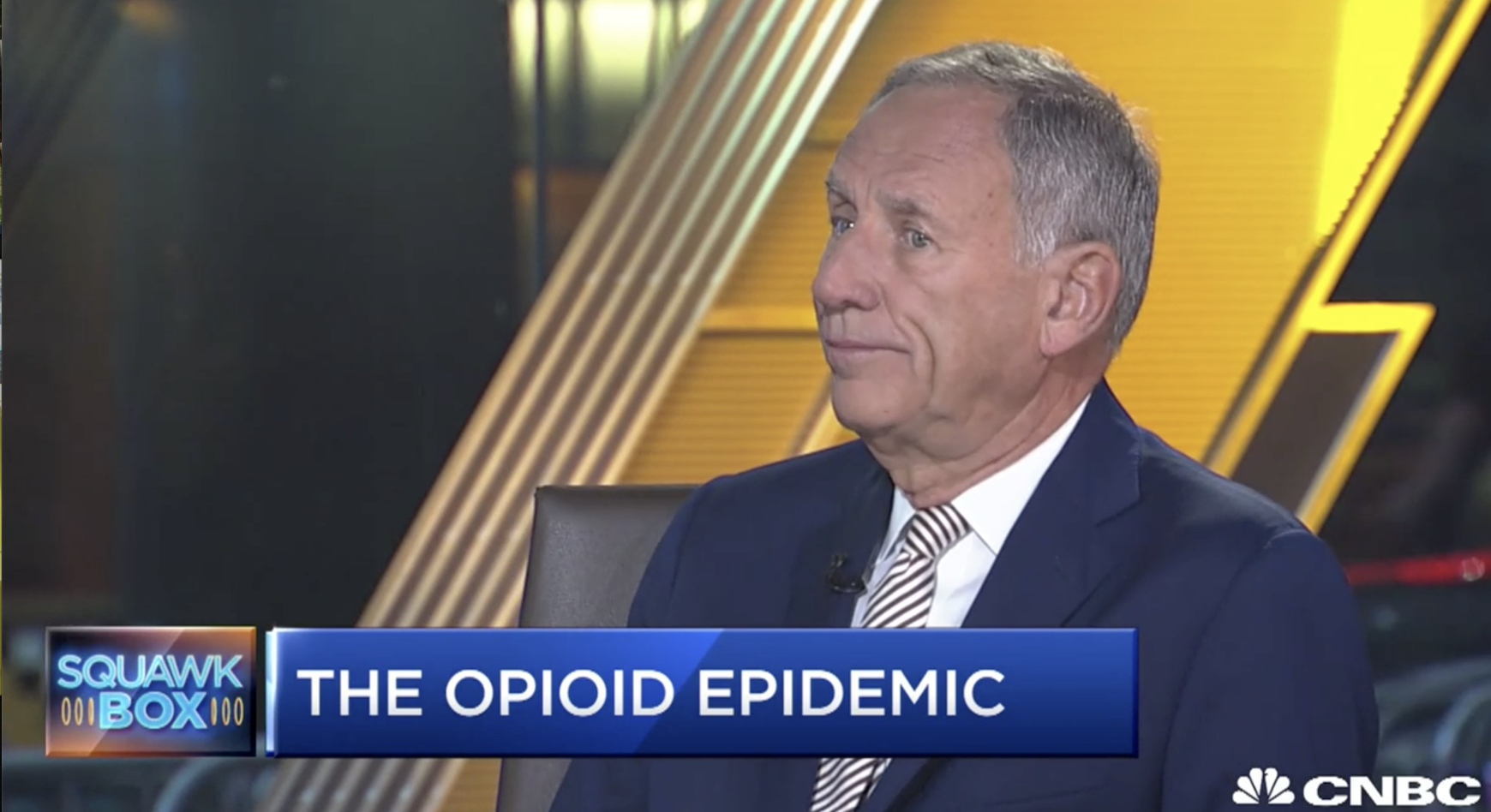For a major part of this decade, Americans across the country have been ravaged by opioid addiction. Each year, we hear about increases in overdoses, incarcerations and fatalities related to the epidemic with no end in sight. Now, however, one of the leading U.S. health-care authorities is telling CNBC that the crisis may have hit its “peak” and could slow down in future years.
Dr. Tony Cosgrove, who headed the renowned Cleveland Clinic for nearly 13 years, was recently on the CNBC show Squawk Box and issued some pretty bold words.
“The opioid epidemic in the United States has peaked,” Cosgrove explained on the show.” “We’re starting to see the understanding of the problem. And we are getting to the point where people are certainty prescribing fewer drugs and people are recognizing how serious this is.”
Of course, that statement happens to contradict another round of research that was recently released. But Dr. Cosgrove stood firmly behind his statement (though he did add a few caveats). According to his data, the prescription totals are going down. But Dr. Cosgrove did admit that “street versions” of the drug continue to pose a serious risk.
Dr. Cosgrove acknowledged how painkiller dealers are often times lacing their stashes and he emphasized the deadliness of laboratory-produced products like carfentanil and fentanyl.
“Carfentanil is 10,000 times as potent as morphine. These drugs are most certainly getting laced,” Dr. Cosgrove added on the program. “We just had an outbreak of deaths in Ohio from drugs being laced with very potent carfentanil and fentanyl.”
We, for one, are a little less optimistic when it comes to the slowdown of this crisis. Though it’s nice to hear, the facts don’t quite agree with Dr. Cosgrove’s statements. For starters, there were more than 42,000 overdose deaths related to opioids and fentanyl last year. And that number is continuing to skyrocket in 2018, with all signs pointing to much higher number come December.
Nevertheless, Dr. Cosgrove and CNBC shared several factors that they believe will slow the crisis down. One being the actions of President Donald Trump and his initiative to penalize drugmakers for their role in fueling the epidemic.
Dr. Cosgrove does appear to have the support of Google, though. The internet giant recently added him to their Cloud Healthcare and life Sciences team as an executive advisor. His role there will involve helping their parent company, Alphabet, lower health costs and improve patient experiences.
You can watch Dr. Cosgrove’s full CNBC interview below…







